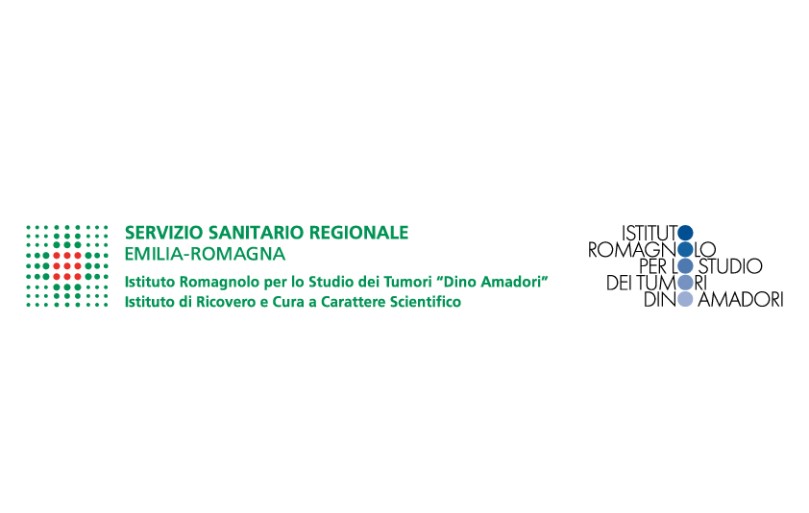


|
|
| Address | Via Piero Maroncelli 40 47014 Meldola (FC), Italy |
|---|---|
| Platforms | ATMP & Biological, Biomarkers, Small Molecules |

IDENTITY AND BACKGROUND
Since its inauguration in 2007, IRST Cancer Institute has broken new ground in multiple areas of cancer research, with outstanding clinical programs, innovative preclinical research and high-level training and educational initiatives. IRST provides state-of-the-art diagnosis and treatment in various cancer fields, resulting in top-quality healthcare.
The Institute offers individual Precision Medicine Programs tailored to the biofunctional and molecular characteristics of patients’ tumours, contributing to the development of clinical and research tools and practices that benefit patients and foster collaborative partnerships with other national and international healthcare and research organisations of excellence.
Situated in Romagna, a region in the northeast of Italy, IRST covers an area of over 1.1 million inhabitants and is fully integrated within the National Health Service. Specifically, it is a public-private partnership with:
- Emilia-Romagna Region;
- AUSL Romagna;
- University of Bologna;
- Istituto Oncologico Romagnolo (IOR), a cancer charity dedicated to raising funds for patients and research at IRST, also provides support in other areas including health education campaigns, a volunteer service, and the establishment of a Cancer Registry and Palliative Care Network;
- Banking foundations.
The Institute is a multispecialty centre with a number of high-complexity clinical specialities (e.g. radiometabolic therapy, high-precision radiotherapy, cellular therapies, immunotherapy) for which there is a dedicated inpatient unit and an outpatient clinic.
IRST is the Coordinating Center of the Wide Area of Romagna Oncology Network and, as such, organises and drives:
- Cancer research and clinical trials;
- The research infrastructure (highly skilled study coordinators, data managers, biostatisticians and project managers) needed to promote, carry out and evaluate research and cancer care (IRST also serves as Contract Research Organisation for external studies);
- Treatments with emerging or innovative technologies;
- Continuous training in the field of oncology.
RESEARCH
IRST is a young and emerging Institute whose energy and passion spill over onto the many dedicated and dynamic physicians, scientists and research managers operating in a highly tuned environment where the onus is on finding, observing, hypothesising, studying and resolving the many issues inherent to the complex, constantly evolving and multifaceted nature of cancer.
Within this context, IRST plays a leading role alongside other institutes of excellence forming part of the Italian Ministry of Health Network (among which Alliance Against Cancer [ACC], the largest Italian organisation for cancer research, established in 2002 by the Italian Ministry of Health as a network of high-standard institutes for comprehensive cancer patient care and research (IRCCS)). The Institute is also extremely active in the international scenario, as highlighted by the numerous scientific collaborations with other clinical and research centers.
Research, alongside healthcare, is one of the fundamental pillars of IRST and focuses on the following main areas: basic science, translational research, clinical research and personalised risk assessment.
These areas are key to designing specific lines of research and development around which projects and studies are based focusing on:
- Appropriateness, outcomes, drug value and organisational models for the continuity of diagnostic-therapeutic pathways in oncology.
- Innovative therapies, phase I-III clinical trials and therapeutic strategy trials based on preclinical models, oncoimmunological mechanisms and nanovectors.
- Precision, gender and ethnicity-based medicine and geroscience: genetic-molecular mechanisms in the development, characterisation and treatment of tumours.
- Genetics and environment in the development and progression of tumours and inhibitory mechanisms. Exposomics and primary and secondary prevention.
More recent fields of research development are:
- CART T-cell therapy: a new era in cancer immunotherapy
- Nuclear medicine in the context of personalised medicine
- Breast cancer: new personalised screening approaches
- Health economics and outcome research (HEOR)
- Clinical omics – molecular diagnostics in personalised medicine
- Single cell multi-omics analysis: R&D
- Drug Discovery and Phase I clinical trials
RESEARCH INFRASTRUCTURES
IRST has specific inter-related infrastructures to optimise research activities:
- Unit of Biostatistics and Clinical Trials, which plays an active role in the planning and implementation of clinical protocols, data quality control and standardisation, and statistical data analysis. The Unit’s activities include all those of a Contract Research Organisation (CRO).
- The Research and Innovation (R&I) Unit provides specialist advice aimed at maximising IRST’s research success and income, identifying projects, partnerships and intellectual property opportunities and successfully exploiting innovative ideas. For over 10 years, the R&I Unit at IRST, working closely with the Ministry of Health, Ministry of Economic Development and University and Research (MIUR), has provided vital information, support and assistance for researchers taking part in national and European programs, collaborative partnerships and initiatives (today, with particular reference to Horizon Europe).
- The tech-transfer Unit (TT) is the first point of contact for businesses, facilitating access to IRST’s expertise for consultancy and research development, and representing a point of reference for public and private R&D, SMEs and start-ups.
- Big Data Unit, implements software and platforms to monitor clinical and research activities and to evaluate the benefits and challenges of innovations and interventions.
- The Bioinformatics Unit supports research groups with computational and biostatistical services. Playing more than simply a supporting role, the unit proactively identifies and develops novel bioinformatics projects to complement and, in several instances drive, biologic research at IRST. The unit develops innovative data analysis tools, visualisation software and database resources for genomics research.
IRST is an active member of specific European Research Infrastructures.
BIOSCIENCES LABORATORY
The activities of the Biosciences Laboratory can be divided into two main synergic areas:
- basic and preclinical experimental research;
- biomolecular diagnostics.
The two areas are mutually interdependent but maintain their organisational autonomy. Research projects are conceived and developed in close collaboration with the Clinical Units of the Institute. In addition to the “basic” equipment normally present in any research laboratory, the Biosciences Laboratory at IRST boasts a number of state-of-the-art instruments. The current orientation of pharmacological research is based on the use of drugs that act on specific biomolecular targets, and on their combination with conventional cytotoxic agents. It is therefore essential to have diagnostic-analytical instruments capable of correctly determining the presence and functionality of such biomolecular targets within the tumour cell.
The laboratory is also involved in the development of the Institute’s Biobank which is part of the national Biobank Web Project (BBMRU) and, consequently, of the European organisation of Cancer Biobanks (BBMRI-ERIC).
To facilitate this type of organisation, the laboratory is made up of a large common area, shared by all operators, and different environments with highly specialised equipment and dedicated personnel. These environments can be accessed by other laboratory operators when they need to use specific equipment for their research projects.
















